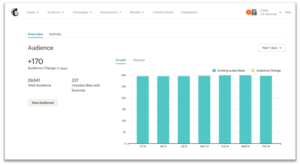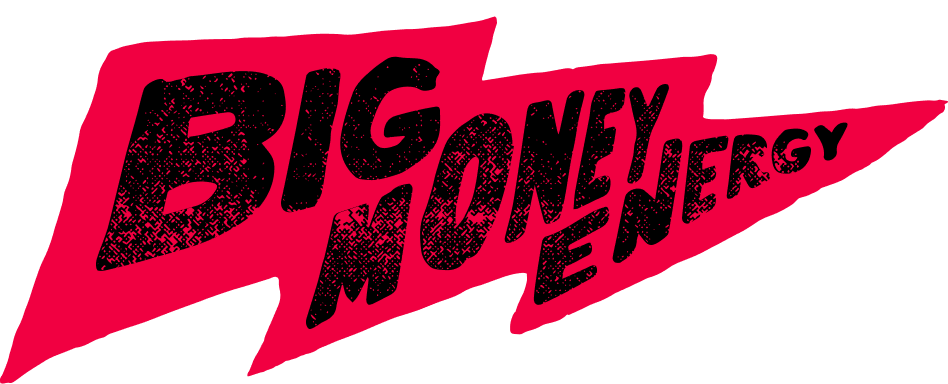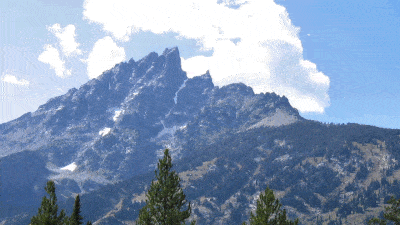
Every year, 58 million households go camping at least once. And 58% of consumers say they want to be part of an experience to escape everyday life.
It’s no surprise business owners want to tap into the power of the great outdoors to provide those experiences.
Whether it’s getting out into nature to take a break from stressful lives and technology or trying out a more affordable option for traveling as a family, camping is very popular.
Campgrounds have low overhead and fewer upfront costs than other businesses. Costs drop even further if you’re buying an existing camp location or developing rustic campsites on land.
Owning a campsite gives you the opportunity to generate revenue whether you live onsite or somewhere else.
You might consider buying land and developing a campground to make money, but it may be better to buy an existing campground instead. When you buy an existing campground, you can avoid some of the upfront headaches and make a fast return on your investment.
How Does the Private Campsite Business Work?
Private camping can be a high-profit margin business based on the setup of your land.
You get paid when campers book your land, using sites like Campspot, Hipcamp, Reserve America, or CampNab.
Initial fees go to the booking site, and you collect the rest. And the low operating costs mean most campground owners keep the majority of their booking revenue. That’s profit you can use to grow your company and improve the land.
How much money can you make from dirt? A good chunk of change, it turns out.
The average campground owner’s income ranges from $50,000 to $90,000 a year.
If you’re passionate about opening a campground, you can provide a quality getaway for your guests with a range of comfort levels.
There are customers out there for every kind of camping.
Rustic campsites require very little setup. Glamping in yurts or providing cabins takes much more of an upfront investment.
The more infrastructure already in place, the better for you. If you buy land outright, you might also need to invest in expensive things like running water, electricity, and a septic system.
Your profitability and sustainability will be affected by a few things, such as:
- Attractions within the camping site
- Attractions in the area near the camping site
- Amenities available
- Weather

Your operating expenses will also impact your profit margins. For a campground, operating costs include:
- Labor and employee training
- Payroll
- Sales
- Property taxes
- Utilities
- Marketing activities
- Insurance
- Maintenance
To open your own campground, you’ll need to find and purchase land, build or set up, and then market your business.
Locating the Perfect Campsite Land
Some people go camping to fully “get away,” so you have some flexibility when it comes to selecting the perfect camping land.
You can aim for a campsite near tourist spots or isolated on its own and find success. In any case, you need something that’s accessible to people in the region or others traveling through.
A general guideline is that you want your campsite to have some onsite activities, like potential for hiking trails or canoeing/kayaking/paddling. These added draws can make your site more appealing.
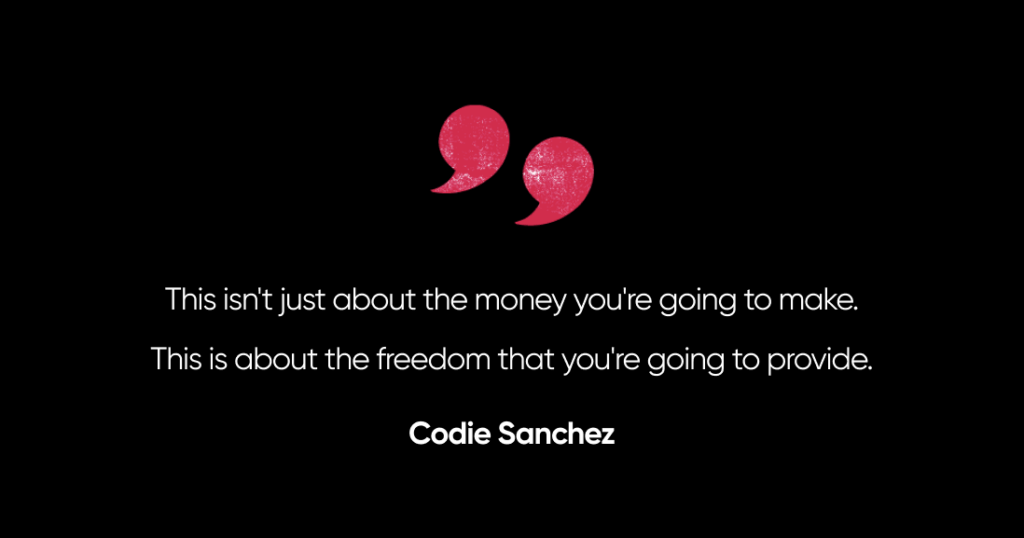
Purchasing the land means thinking about your ROI and income from the property since a higher land price may lead to a longer period of time before you recoup what you put into it.
The most popular campsites are extremely crowded. They’re booked months or even years in advance outside of places like national parks, which is why private campsites pop up.
Factor in a pending recession (when people won’t have the kind of cash for international vacations or splurge-worthy hotel stays), and a campsite looks like a simple but solid investment.
If you find an idyllic space with plenty of natural beauty and space for your dream campground, check how it’s zoned. This is critical if you plan to expand beyond rustic campsites, such as allowing RVs to stay in the park now or in the future.
You may have to fight it at a city or town council if your campsite land isn’t zoned right.
Cast a wide net when searching for campground land. Consider things like:
- Online marketplaces with land for sale (Like AcreTrader, Redfin, and Land.com)
- Attending local real estate investor’s groups
- Partnering with local real estate agents
- Scoping existing campgrounds in your region
- Local or state campground associations
Remember that you’re not limited to only buying undeveloped land and building the entire site.
Once you put the word out that you’re looking for a campground, you might even get referrals to current landowners or campsite owners who have revenue-generating campsites but want to sell.
Purchasing Your Land
Building a campground is one of the best ways to make use of substandard land.
If the land isn’t right for farming or commercial development, you may be able to get a deal on a great location.
Be prepared to buy land by looking into your finance options first. If you build from scratch, you’ll need to pay for the land first and then the construction costs onsite.
With any land purchase, discuss with your lender what you’ll need as a deposit/down payment for closing costs and any potential taxes so you can budget for them.
Land loan requirements typically require more upfront cash when compared with buying an existing business. Getting a loan for land that someone already developed into campsites could end up being easier since you’re buying a business rather than just land.
The biggest roadblocks you might encounter include:
- Existing zoning laws
- Finding land both quiet and accessible enough to grow a business
- Problems like flooding or wildfire risks
- Drainage issues
- Legal protections for wildlife
Look at any land you’re thinking about with a critical eye. If you’ve ruled out or planned for any of these issues, make an offer on the land so you can begin development post-closing. Then it’s time to develop.
Setting Up Your Dream Private Campsite
You may not be able to afford to launch your full-scale campsite from day one. The easiest way to start is using rustic campsites without water or power hookups.
You might still need some basics like:
- Fire pits
- Picnic tables
- Bathrooms/showers
At the start, minimize your overhead while maximizing camper comfort as much as you can.
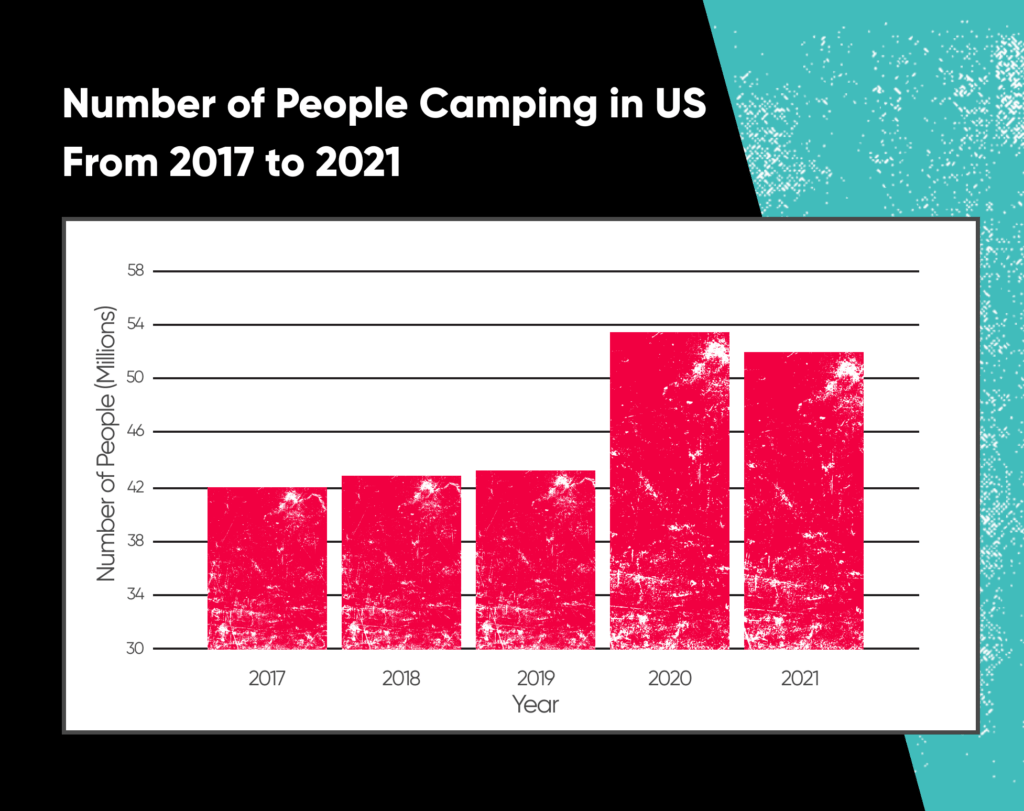
Over time, offering a variety will draw in a broader range of customers. But there are plenty of campgrounds that keep it simple and use the natural beauty of their region as the main attraction.
Be aware of other things you need in place before you start accepting campers. Depending on your region, that might include construction or other permits, buying insurance, or registering your business with the secretary of state.
Although it’s an extra cost, using software like Hipcamp that manages your bookings for you is a good idea. These tools make your life easier and allow customers to plan ahead.
Don’t want to manage the property yourself? Look for military spouses on nearby bases to step in as your property manager and handle the AirBnB questions.
Marketing Your Campsite
Once you’re ready to launch, you need ways to attract campers to book your site. As a new campground, make an effort to let locals and people in the larger region know you exist.
Take excellent photos and write a catchy title for any campsite listings online.
At a minimum, publicize your campsite by:
- Listing it in online directories for local businesses
- Claiming your Google Business Profile and posting photos of the campground
- Launching a website
- Listing your campsites on Camping America, Airbnb, Reserve America, and Hipcamp
You may also choose to throw some marketing dollars towards a publicity campaign when you launch, such as on the radio, in local magazines, or through social media ads.
When you’re new, offering coupons or discounts can help bring in customers to give it a try. Go above and beyond for those early stays to increase the chances of rebooking and reviews.
Learn from your mistakes by sending out surveys with customers and making upgrades as you can. Great customer service and reviews go a long way toward building a reputation. With an existing campground, people already know and like the place, which is easier to build on as the new owner.
What Risks and Challenges Should You Know About Before Getting Started?
Like with many businesses, a campground owner may face risks that could inhibit their ability to turn a strong profit with recurring revenue. Recognizing these risks in advance and developing contingency plans can help minimize the potential impact.
Here are some things to think about before building or upgrading a campground:
- Weather issues
- Vandalism or other security concerns
- Economic downturns
- Events like COVID that affect travel
- Accidents on site
Some ways to account for these concerns include:
- Developing a clear weather policy and places like tornado shelters, if needed
- Creating and enforcing rules for campers for their own safety
- Hiring a security team or installing cameras in general areas
- Keeping a staff member onsite at all times
Purchasing the right insurance is key to reducing your risk. This can include things like:
- Liability coverage
- Property insurance
- Car insurance for company-owned vehicles
- Trailer spotting
- Facility protection (for boats, bars, playgrounds, laundry areas, pools, and organized activities)
Consult with a business attorney and an insurance agent to get a sense of the best protections for you and your campground.
Start Your Own Campground Getaway Business
Starting your own campground is an exciting business opportunity, but it is also one that requires thinking about the challenges and risks of hosting guests.
People’s interest in traveling and visiting attractions like national parks remains steady. Booking hotels for these trips? Not easy.
Expand into a market with high demand when you buy land to develop into campgrounds.
Open land is all you need to start with rustic campsites. If you need bathrooms, laundry facilities, or other onsite amenities, it takes time to get them up and running.
Don’t want to build everything (literally) from the ground up? Buy an existing campground.
Buying an existing campground is an easy way to enter the market with very little work on your part.
Grow your business over time by adding spots for RVs or investing in agriculture and related products.
Or build a tiny home community that draws in groups.
The possibilities of generating recurring revenue and becoming a local hotspot are appealing. Doing it the right way means you must approach the building and operations of your campground in a strategic way.



